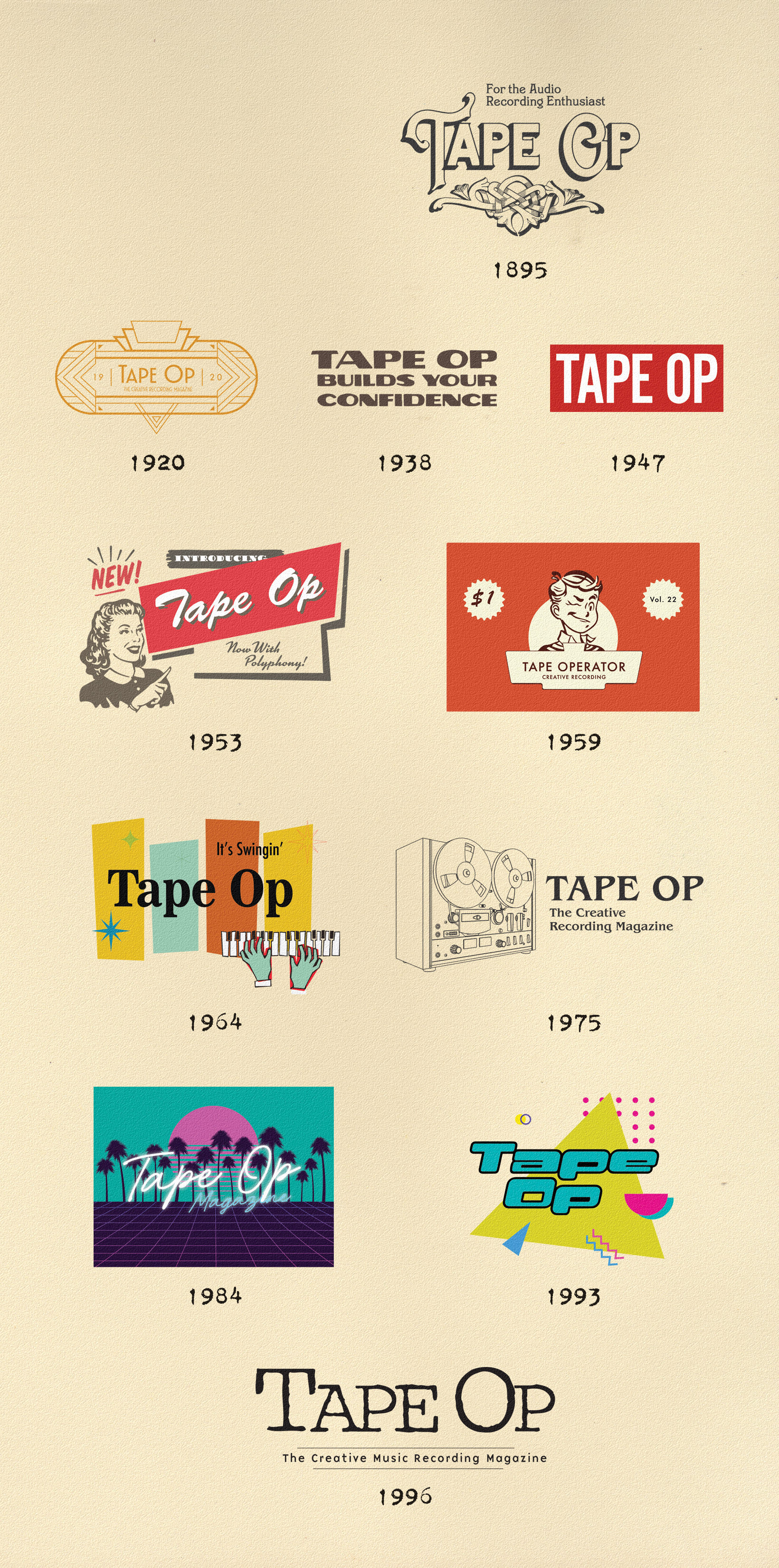***This is a guest "re-post" from the SoundGirls website (courtesy of SoundGirls and Ainjel Emme)***
THE DOUBLE GLAZED GLASS CEILING: Women and the Grammy for "Producer of the Year, Non-Classical"
by Ainjel Emme
(originally published at Soundgirls.org)
The Producer of the Year, Non-Classicalcategory was established by the Recording Academy in 1974 to honor those who "present consistently outstanding creativity in the area of record production." Non-Classical is the Academy's designation for popular music.
267 individual Grammy nominations have been made since the category's inception. Several producers have been selected more than once. 7 of these 267 nominations were presented to women. That means less than 3% of those considered for Producer of the Year, Non-Classical has been female.
To date, none have taken home the trophy.
Let's take a look at the handful of women who've blazed the trail thus far.
Janet Jackson -Rhythm Nation 1814 (1989)
Miss Jackson was the first woman to receive a nomination in the category, with longtime collaborators Terry Lewis and Jimmy Jam.
Expanding on the narrative of power established by her 1986 commercial breakthrough, Control,Janet bucked expectations even further and released a slick, socially-conscious concept album in the unlikely vein of Marvin Gaye's "What's Going On?"
Rhythm Nation 1814was nominated for 9 Grammys and spawned seven Billboard Top 5 singles, breaking the record previously set by her famous older brother. Five of those singles made it to #1. The groundbreaking 30-minute "telemusical" released as a video companion to the record earned Janet a Grammy for Best Music Video - Long Form.
Mariah Carey -Emotions (1991)
Co-produced with Walter Afanasieff, Emotionsmarks the second occasion upon which a woman was up for the award, in 1991.
Upon signing with Columbia Records, 19-year-old Mariah-who co-produced the demos that got her picked up by Tommy Motolla-was obliged to take a backseat to established producers for her chart-topping debut, Mariah Carey. Hers is a classic case study in the perils of being a young woman in the record business; though she's accomplished plenty in her own right, one wonders what she might have achieved if she'd been granted better access and support early on in her career instead of finding herself trapped in what she refers to as "the golden cage."
After her first album's success, Mariah sought to take more of a producer's role on Emotions. She is credited as a vocal arranger, producer, and mixer.
Paula Cole -This Fire (1998)
Though she's technically the third nominee, Paula Cole was the first woman to be nominated as a sole producer, in 1998.
Cole was a frontrunner on the wave of 1990s women fighting for a stronger foothold in the music business. A self-proclaimed "dark horse," the Berklee College of music alumna received backlash for her appearance at the award ceremony for sporting unapologetically hairy armpits and flipping the bird during her performance of "Where Have All The Cowboys Gone?"
This Firewas nominated for seven awards, including Record of the Year, Album of the Year, and Song of the Year. She took home the award for "Best New Artist."
Sheryl Crow -The Globe Sessions (1999)
The fourth nominee had already made an indelible mark as a singer, songwriter, and musician when she received the Producer nod in 1999.
Sheryl Crow caught her big break on backup vocals with Michael Jackson in 1987. Her first album, produced by Hugh Padgham, was scrapped for being "too slick." However, those songs found homes with some major artists: Tina Turner, Celine Dion, and Wynonna Judd. She established her rootsy-yet-pop-sensible sound with the official 1994 debut, Tuesday Night Music Club.
On The Globe Sessions, the storied songstress took the driver's seat; producing all tracks except for a cover of Guns N Roses' "Sweet Child O' Mine" (produced by Rick Rubin).
Crow was the first nominated female producer to have a woman on the album's audio engineering team-Trina Shoemaker, who took home the first female win that year for Best Engineered Album, Non-Classical.
Lauryn Hill -The Miseducation of Lauryn Hill (1999)
1999 was a landmark year for women at the Grammys, and Miseducation was the career-defining album of fifth nominee, Lauryn Hill. She was recognized alongside Sheryl Crow, marking the first time two women were simultaneously up for the award.
Stepping into the spotlight as one-third of hip hop legends Fugees, the outspoken young singer-rapper captivated listeners with an updated rendition of Roberta Flack's "Killing Me Softly." The group disbanded in 1997 amid interpersonal issues and power struggles. Hill was determined to distance herself from her male contemporaries and establish her own creative space.
Though her legacy has suffered quite a bit of controversy, Ms. Hill's contributions to hip-hop are lasting. She was the first female artist to be nominated for ten Grammys in a single year. She hit yet another first when she took home five trophies that night-unfortunately, none of them were for Producer of the Year.
Lauren Christy -(2004)
Lauren Christy, another singer-songwriter who found her true calling off the beaten path, was nominated in 2004 for her work with writing and production team The Matrix, which included records made with Hillary Duff and Liz Phair.
Before establishing herself as a behind-the-scenes hit maker, Christy was an award-winning solo artist. Her contributions to Avril Lavigne's breakthrough debut, Let Go,earned her seven Grammy nominations and cemented her place in pop history.
A prolific songwriter, she's most recently cut records with Bebe Rexha, Dua Lipa, and The Struts. Additional credits include David Bowie, Jason Mraz, Rihanna, Britney Spears, Shakira, Chris Brown, and Korn.
Linda Perry -(2019)
Like the other women on this list, Linda Perry got started on her path to Producer of the Year as an artist. She scored an international hit with the song "What's Up?" by her band 4 Non Blondes in 1992 and has since parlayed that success into a highly regarded songwriting and production career, making records with some of music's top artists.
The seventh nominee, Perry stands out as the first to really step into the role of Producer. She runs a professional recording studio and is credited as an engineer on multiple projects. She founded two labels, a publishing company, and an artist development organization (We Are Hear). Her catalog-featuring such artists as Pink, Christina Aguilera, Alicia Keys, Joan Jett, and Dolly Parton-imparts a pointed engagement with and championship of women.
After 14 years of no representation in the category, the 53-year-old super producer stands a chance to finally shatter the glass ceiling for an increasingly upsurgent tide of female music producers.
Will the Recording Academy "step up" and award a woman with the Grammy for Producer of the Year, Non-Classical?
We'll have to wait and see.
* For purposes of this article, we're focusing on the primary branch of the Grammys, established by National Academy of Recording Arts & Sciences in 1957. Linda Briceño was the firstfemale producer to take home a Latin Grammy, in 2018.





